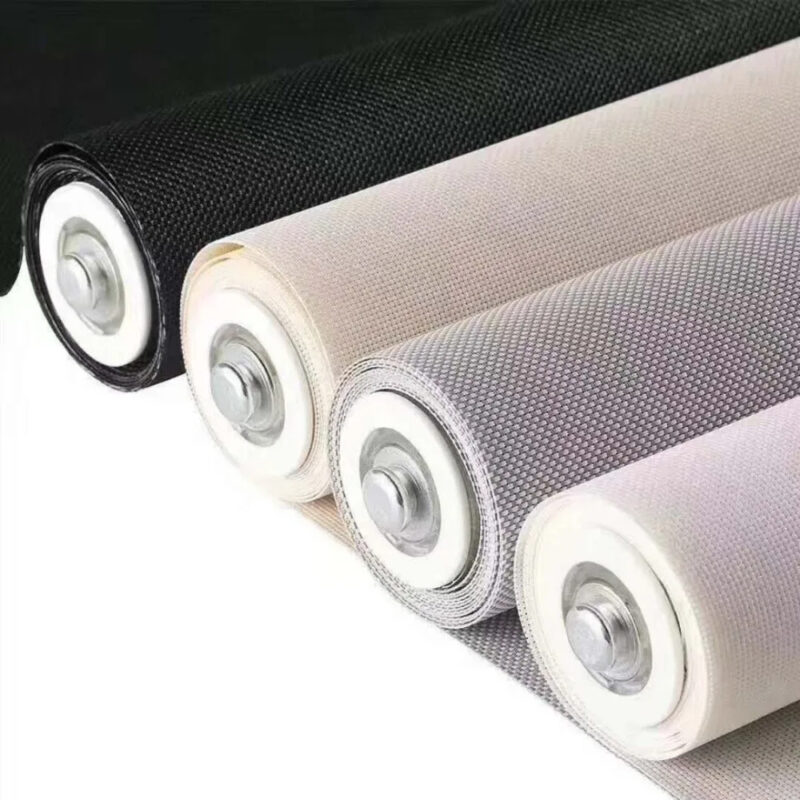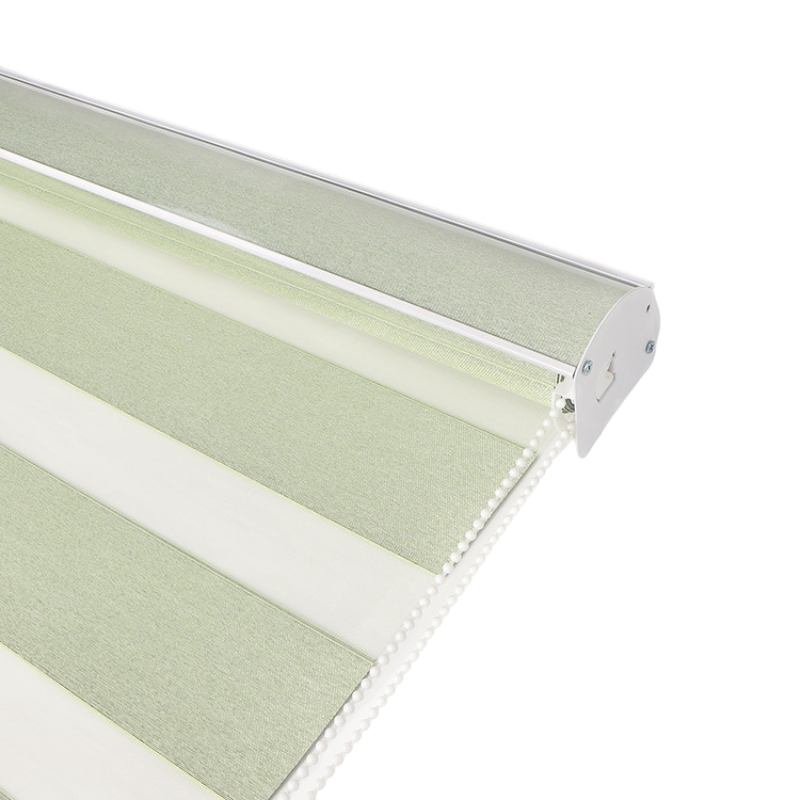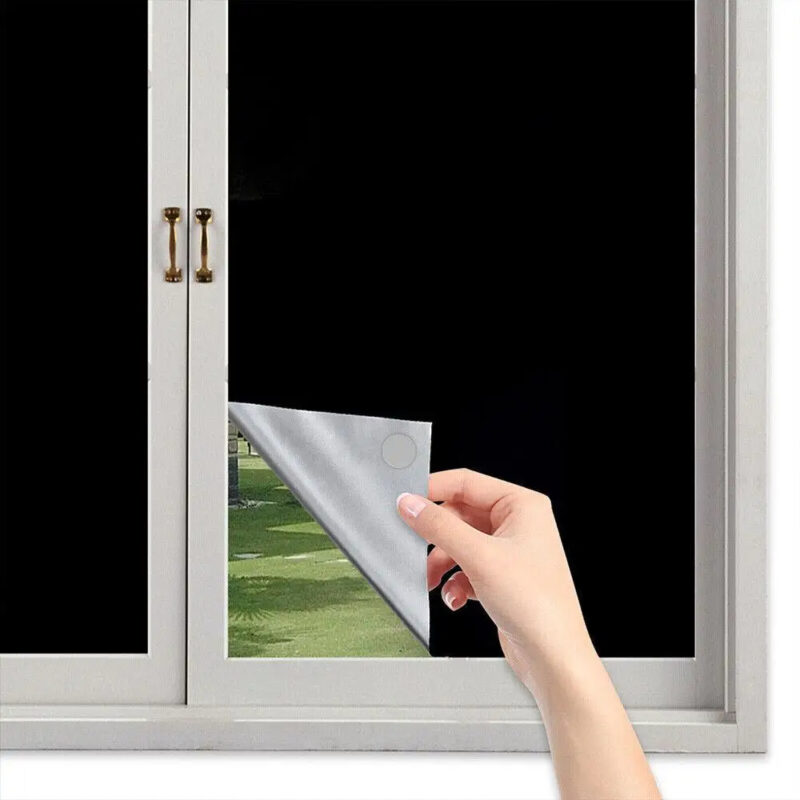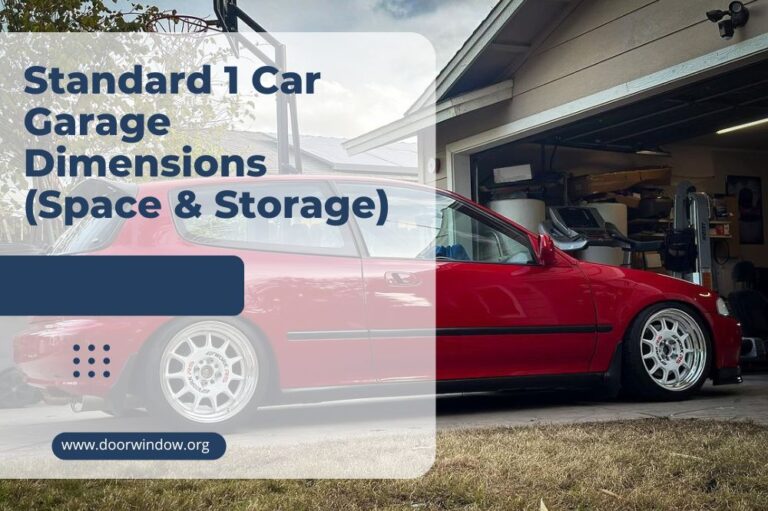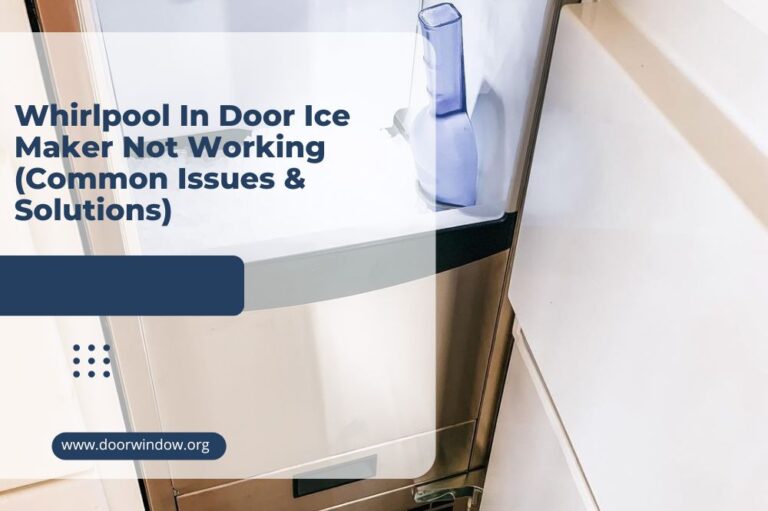Refrigerator Noise Stops When Door Open (Causes & Solutions)
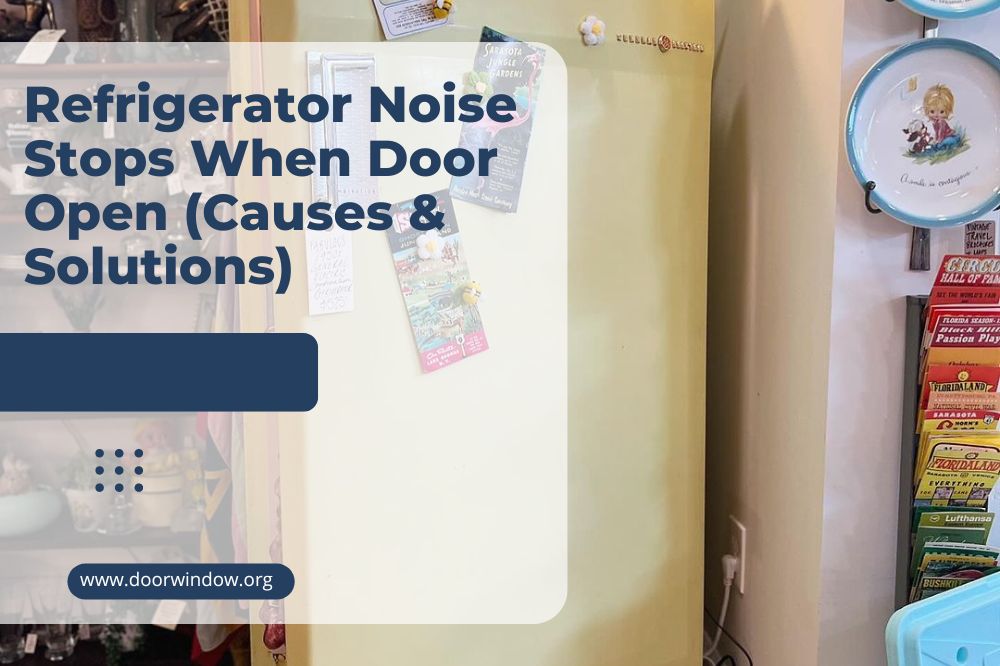
Does your refrigerator make mysterious noises that are most times annoying? Or have you ever noticed that the refrigerator noise seems to stop as soon as you open the door?
Many people have observed this strange phenomenon, so don’t panic; your fridge is haunted! If you want to understand why your refrigerator noise stops when the door opens and what it could mean for the health and functionality of your refrigerator.
You’re about to find out the causes and what to do about them in this guide.
Why Does My Refrigerator Make Loud Noise?
It is normal for a refrigerator to produce a soft humming sound. This indicates that the refrigerator is working, and your food is getting cold. However, if your refrigerator begins to make other ominous sounds, then there is a problem with a component of the appliance that requires your immediate attention.
To figure out where the noise in your refrigerator is coming from, you must first identify the type of noise it is making. Different sounds often represent different issues.
The following are some examples of refrigerator noises and their causes.
1. Loud Humming Sound – Broken Compressor
If a new refrigerator makes a loud humming, popping, or cracking sound, it is nothing to be worried about. It simply indicates that the refrigerator is settling in and adjusting to the new temperature. However, this sound should not last more than 24 hours before your fridge resumes normal operation.
But, if an old refrigerator starts to make a loud humming sound instead of a soft hum, the compressor is to blame. It’s possible that the compressor is broken and needs to be replaced.
A faulty compressor can be dangerous; it can become extremely hot and cause the appliance to break down. So, when you start to hear this noise, contact a professional immediately to fix it.
Also, the compressor system in your refrigerator is complex and should not be tampered with. Hence, do not try to DIY the repair unless you have sufficient technical skills.
2. Grinding Noise – Dirty Condenser
A dirty condenser coil or fan most likely causes a grinding noise from your refrigerator’s back. The condenser coil and fan are located at the back of your refrigerator and are designed to dissipate heat. However, when they become dirty, they work harder to cool the fridge, causing it to make a loud noise.
As a result, it is recommended that you clean your refrigerator condenser from time to time to prevent dirt buildup around the coil or fan. You can use a vacuum cleaner or wipe the condenser with a damp towel to clean it.
If cleaning does not solve the problem, contact a technician; the compressor system may need to be replaced.
3. Loud Squealing Noise – Faulty Evaporator Fan
If you’re hearing a loud squealing noise from your fridge, like a bird is trapped inside, the evaporator fan is the problem. This fan is hidden behind a protective panel at the rear of the fridge. When the evaporator fan is faulty, the cooling power of the refrigerator suffers because the fan no longer circulates enough air to cool the fridge.
A clogged fan blade, ice buildup around the blade, or corrosion often cause a faulty evaporator fan. And you can fix it by cleaning the debris off the blade, defrosting the ice around it, or replacing the fan blade.
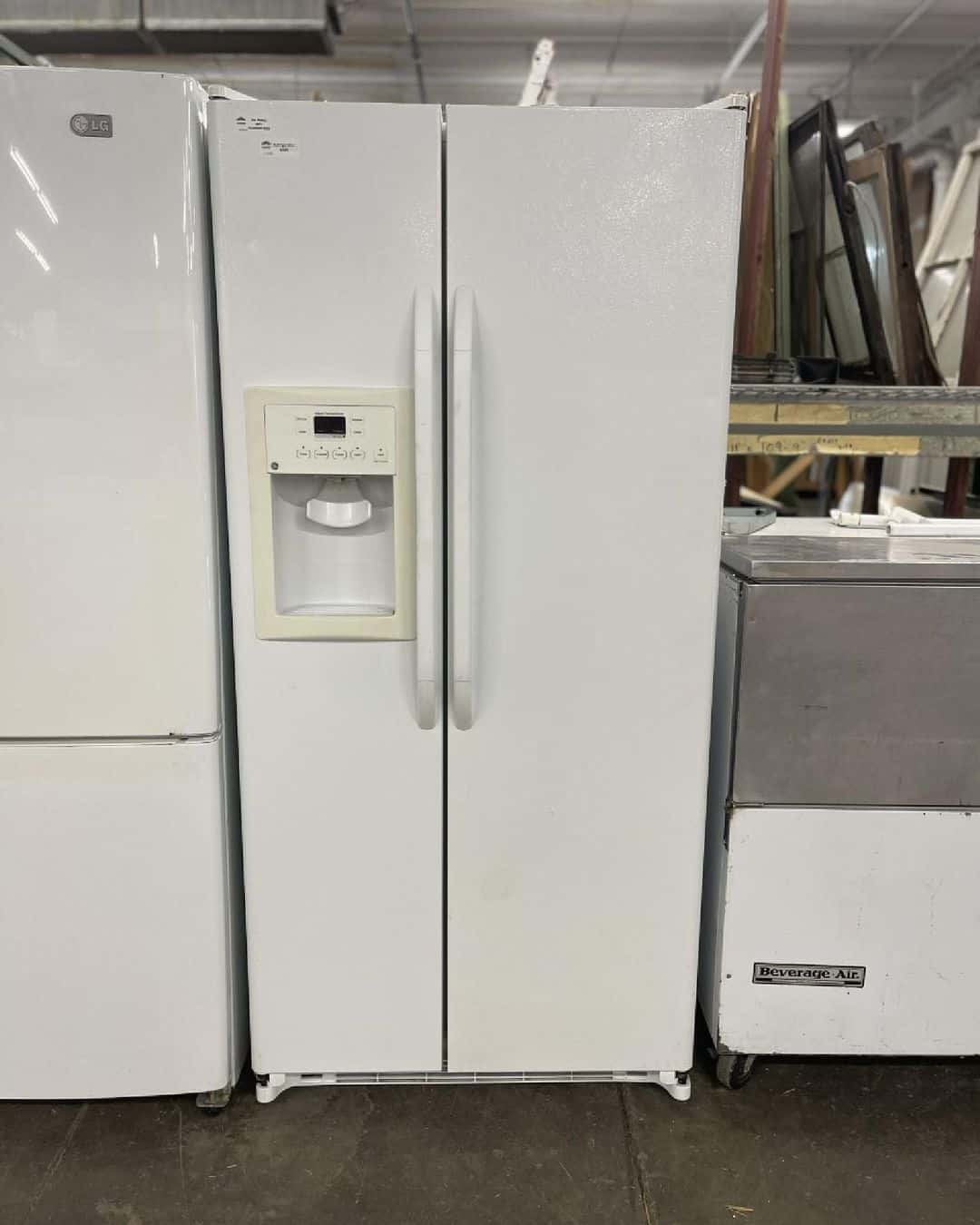
4. Clicking Noise – Faulty Supply Line
A faulty water supply line likely causes a click-click noise from your refrigerator. This is common in most refrigerators that have an inbuilt water dispenser and an ice maker.
When the water line is broken or disconnected, the water supply to the dispenser and icemaker is cut off. And in an attempt to unsuccessfully search for water, the icemaker makes loud click noise.
To determine if this is the issue, pour a glass of water into the ice maker and water dispenser. If the noise stops, the water supply line should be repaired.
5. Scraping Noise – Faulty Defrost Timer
If your refrigerator is making a loud scraping and ticking noise, the defrost timer is probably damaged. The defrost timer regulates the refrigerator compressor and evaporator motors, allowing the refrigerator to defrost at regular intervals.
For example, an LG refrigerator is programmed to defrost itself every 16 hours. Other refrigerator models allow you to set the defrost timer manually.
When the timer is faulty, frost accumulates in the refrigerator, reducing the circulation of air. As a result, the refrigerator makes a lot of noise. This noise may occur once or twice per day, indicating when the timer should normally be operating.
6. Rattling Noise – Loose Drain Pan
The drain pan is most likely loose if your refrigerator makes a rattling noise from the bottom. It’s very simple to fix this one; simply return the pan to its original position. The drain pan is located at the bottom of the refrigerator and about an inch above the floor. Other loose parts or a malfunctioning ice maker can also cause this noise type.
Why Does My Refrigerator Noise Stop When the Door Is Opened?
Faulty Evaporator Fan
Your fridge is making a loud noise, but the noise stops as only soon as you open the door. When you close it, it starts the noise again. The most common cause of this problem is a malfunctioning evaporator fan motor.
The evaporator fan, which is located directly behind an access panel on the back of the refrigerator, is designed to circulate cooled air throughout the refrigerator.
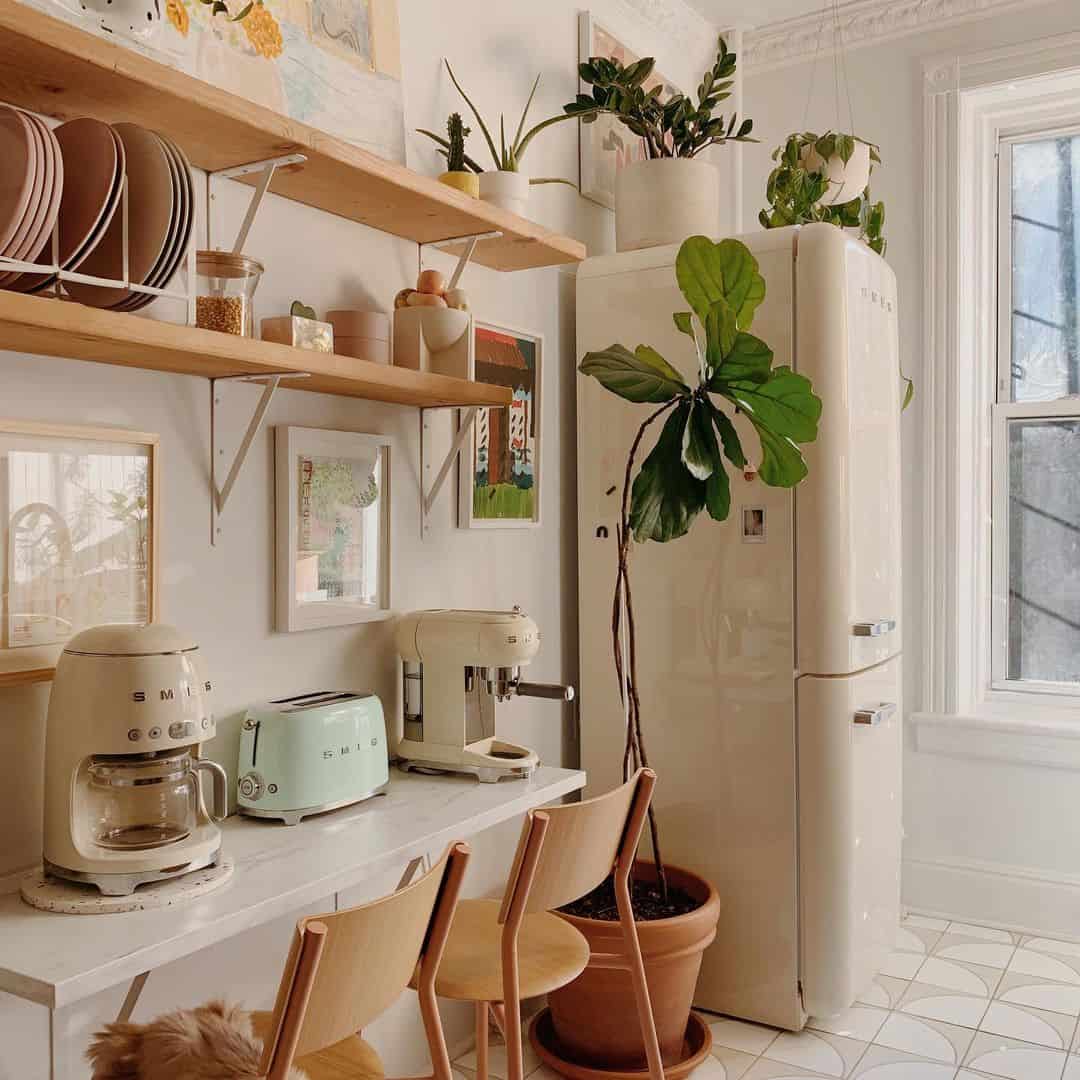
Usually, when the refrigerator doors are open, the evaporator fan stops running, and when they are closed, the fan returns to full operation. So, it’s simple to determine if a malfunctioning evaporator fan motor causes a loud noise inside your fridge.
To determine whether the evaporator fan is the culprit. Follow the steps below:
Step 1: Open All Doors
Start your troubleshooting by opening the refrigerator door. Then, check to see if the sound has stopped. If the humming or squealing noise stops, you’ve found the source of the problem: the evaporator fan.
Step 2: Open Only One Door
It’s also possible that your fridge has more than one door and evaporator; one for the freezer and one for the refrigerator. To determine which of the two is defective, you must examine them separately.
- First, close all doors and listen to the sound.
- Then, open only the refrigerator door. If the sound stops, the refrigerator evaporator fan is faulty. But if the loud noise persists, it is most likely caused by the freezer evaporator fan.
- So, shut the refrigerator door and only open the freezer door. The freezer evaporator fan is most likely clogged or worn out if the noise stops.
Step 3: Feel Your Refrigerator for Cold Air
The simplest way to determine if the evaporator fan motor is faulty is by feeling the fridge’s cold air. The fan is most likely faulty if the fridge isn’t as cold as it should be. This is because a faulty fan cannot circulate enough air to keep the refrigerator cold.
But, if the fridge is cold despite making a lot of noise, the evaporator fan is unlikely to be broken. Check other parts of your refrigerator for the source of the loud noise.
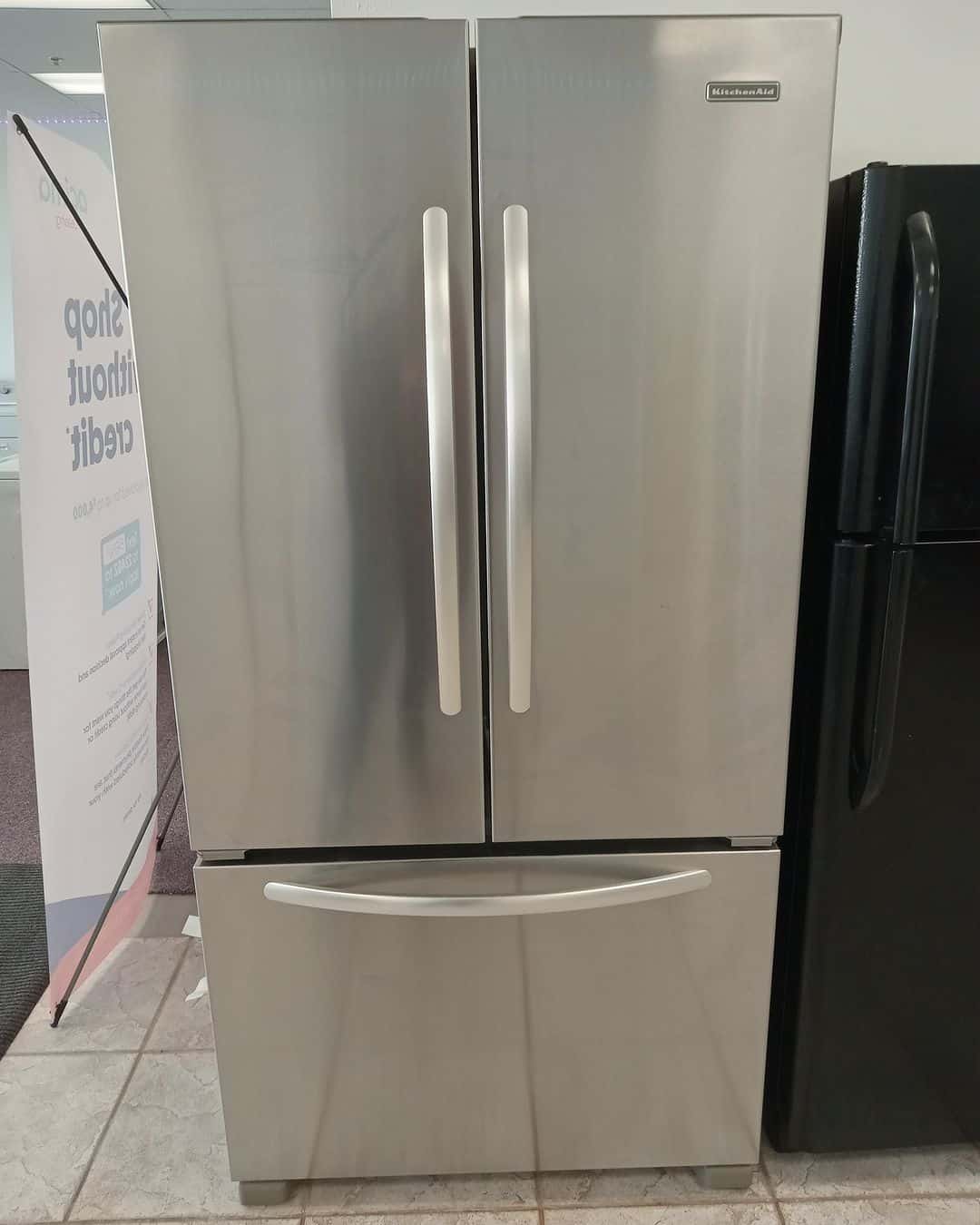
How to Fix a Faulty Evaporator Fan Motor
Several factors can cause your refrigerator’s evaporator fan to malfunction or completely stop working. They range from clogged fan blades to ice accumulation around the fan blades to worn-out fan blades. And fixing the problem could be as simple as cleaning and defrosting the evaporator fan or replacing worn-out blades.
Here are the basic steps for fixing a faulty evaporator fan motor.
- First, unplug the refrigerator and remove its content, including storage shelves and drawers.
- Next, remove the evaporator fan cover using a screwdriver. The evaporator fan cover is located inside the compartment at the rear of the freezer wall.
- Then, check for signs of wear or damage on the evaporator motor. Spin the fan manually to see if it moves freely.
- If the fan looks good and moves freely, simply clean the fan blade with a damp cloth and allow it to dry.
- If there is ice buildup around the motor, defrost your fridge by leaving it open for about 3 hours.
- However, if the fan isn’t spinning freely or if you notice any wear and damage, you’ll need to replace it.
Other Causes of Refrigerator Noise That Stops when the Door Opens
If, after troubleshooting, the evaporator fan is not the cause of the noise in your refrigerator, here are some other possible causes of noise in your refrigerator that stops when the door is opened;
1. The Fridge is not Balanced
When the fridge’s four wheels (especially the front ones) are not properly aligned, the fan stops rotating fluidly, resulting in a loud noise. This is a common issue that can be easily fixed.
Maintain the optimal functioning of your fridge by keeping the front slightly higher than the back and the wheels even.
2. Doors do not Align Properly
Faulty door strips can allow air to escape, causing the fridge to work harder to maintain the desired cooling temperature. This can also result in a loud noise that stops when you open the fridge.
Check the seals on your refrigerator’s doors to ensure they are in good condition and clean. Also, replace any worn-out door straps.
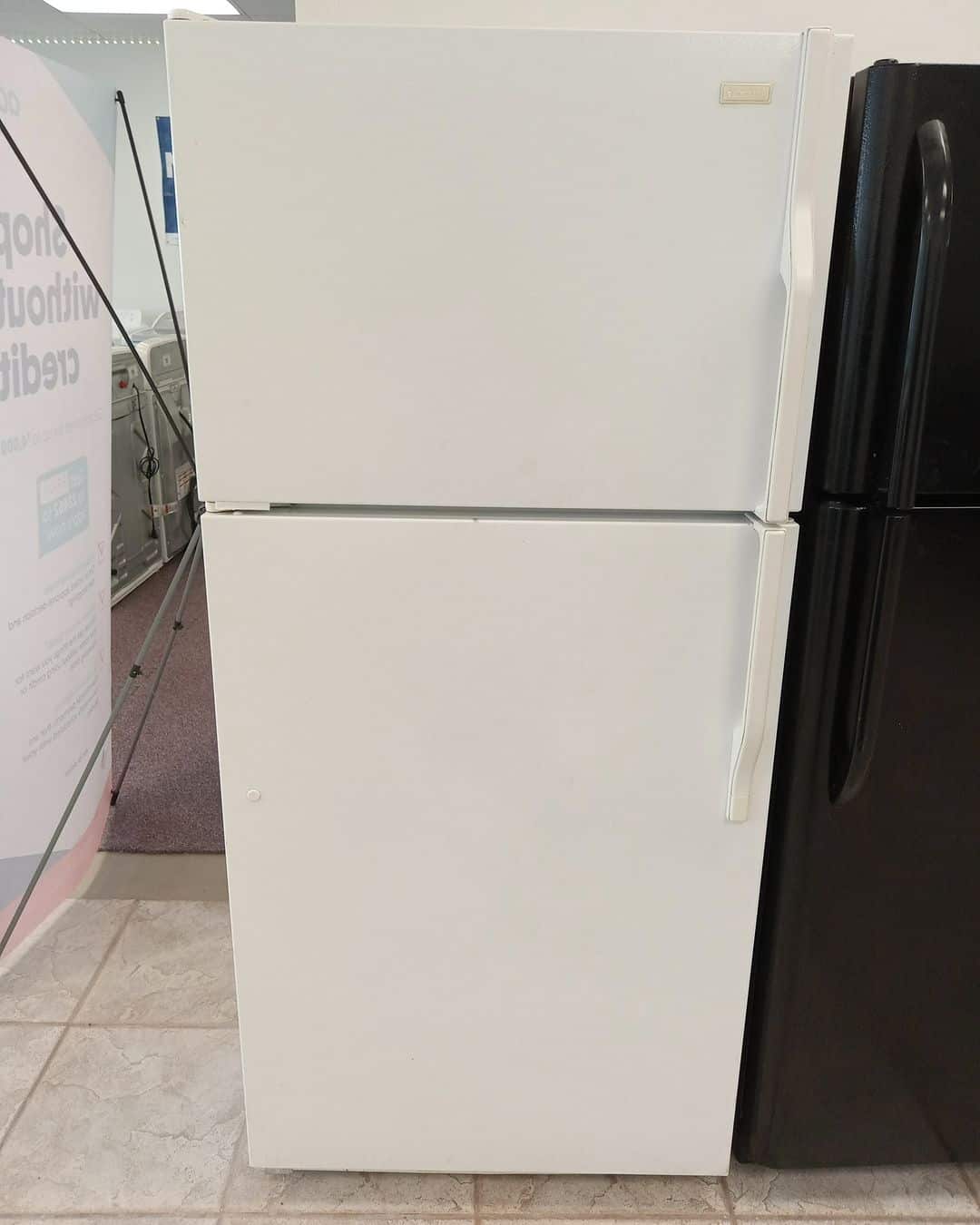
3. Debris or dust blocking the ventilation grills
Ventilation is another source of loud noise in a fridge that stops when it is opened. This occurs when the refrigerator is overcrowded, and dishes are stored too close to the vent, obstructing airflow. Or if the refrigerator is too close to the wall or in a stuffy room with insufficient ventilation.
To ensure proper airflow in your refrigerator.
- Keep your dishes at least 5 cm away from the vents to avoid ice buildup.
- Also, place the refrigerator in an open space and a few inches away from the wall to allow for proper air circulation.
- Manually defrost your fridge regularly to avoid ice buildup on the fan and vent.
How to Manually Defrost a Refrigerator
Are you noticing ice buildup at the back of your fridge when you open it? The following are simple steps to defrost your fridge from time to time:
- To begin, unplug the refrigerator and remove all contents, including storage shelves and drawers.
- You can get cool bags and ice blocks to keep those items cool for the duration of time you will be defrosting your refrigerator.
- Wrap towels and clothes around the bottom of your refrigerator to collect melting ice.
- Leave the fridge open for the next 24 hours to allow the ice to melt completely.
- Thoroughly clean and dry the interior of the fridge and wipe it down with an antibacterial spray.
- Wash the storage trays with quality cleaning soap in a sink or a bowl of water.
- Return the contents of the refrigerator. Make sure to arrange the items to avoid blocking the vent properly.
Summing It Up
it is not uncommon for refrigerators to make more noise when the door is closed. This can be due to a variety of factors, including the cooling system, the compressor, or even the placement of the refrigerator itself. If you have noticed this issue with your appliance, you should remember a few things that will help you fix it.
- A faulty evaporator fan motor is the most common cause of refrigerator noise that stops when the door opens.
- Replace a worn-out evaporator fan to stop loud squealing noise, but clean and defrost the fan if it is only affected by ice and debris buildup.
- Ensure your refrigerator is leveled to allow the fan to function properly.
- To ensure proper airflow, keep items away from the vent.
- To avoid ice buildup in the vent and fan, manually defrost your refrigerator regularly.
If you have more questions about your refrigerator making a loud noise, please leave them in the comments section.

